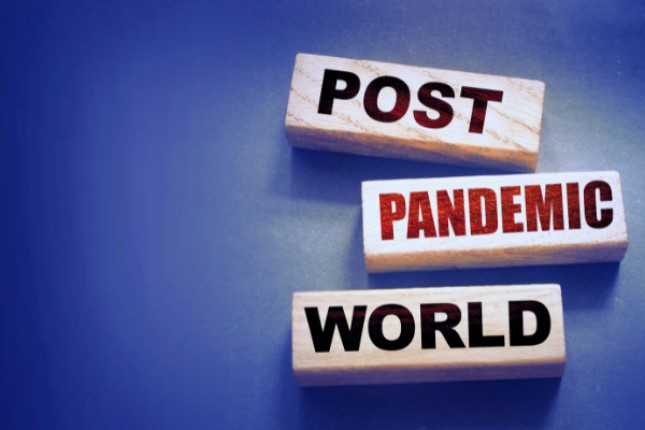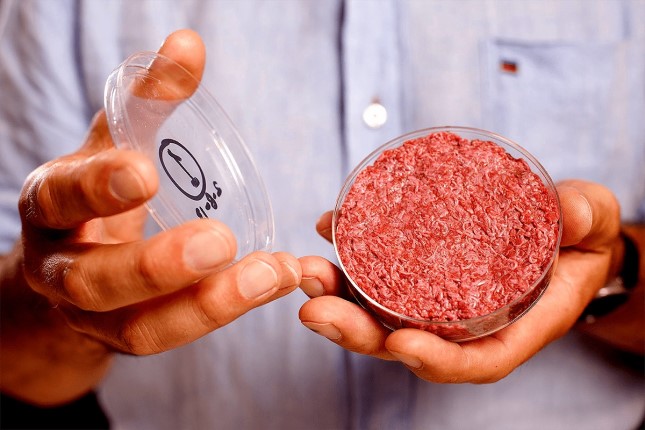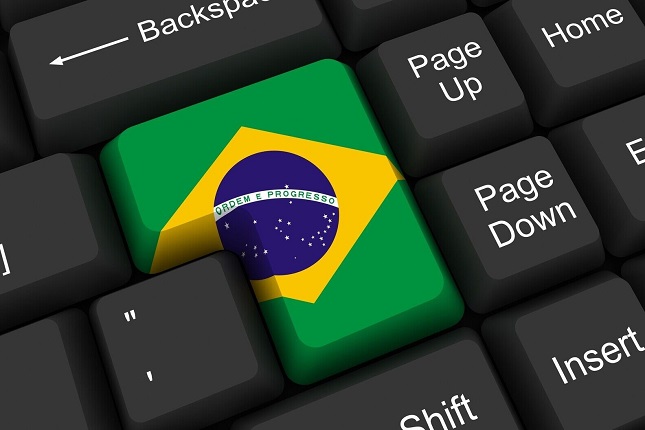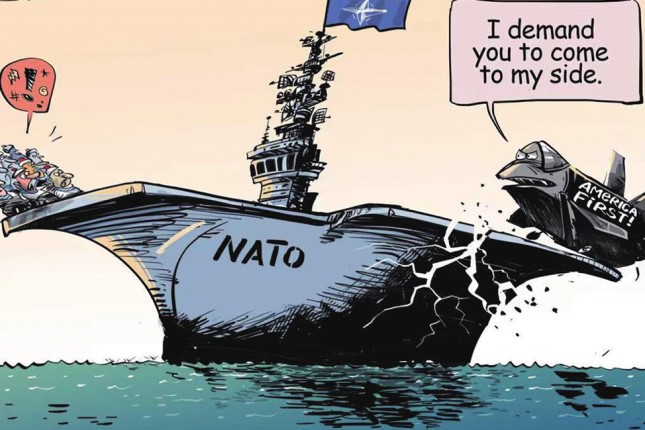The COVID-19 pandemic has dramatically transformed the global economy, giving a strong bust for some industries, such as pharma and online education, and disrupting others, like travel, tourism and many more. Social life has been reinvented in many ways during the lockdowns. But the global pandemic's overall impact on humanity's history will remain a topic for heated discussions among historians for generations – of course, if we are optimistic enough to believe that not only human civilisation will continue, but also humanities will survive in the academia, and there will be any historians to debate on this topic in the future.
But one of the things that has indeed happened – is a mass recognition of biopower, and the extent that medical knowledge has on our bodies. Something unthinkable for the most totalitarian rulers of the past – putting the entire population of their countries virtually under "home arrest" – was performed by most democratic governments with astonishing ease and even did not provoke any strong civil protests. You may like it or not, but what was previously considered regular "industry news" – development, testing and approval of vaccines – during the pandemic was making the most anticipated headlines in the media. Such is the real power of the medical expertise, Big Pharma and the world's previously underestimated healthcare bureaucracies, spearheaded by the WHO.
Understandably, the recent "Drugs to Watch 2023" report, published by Clarivate, has already received a lot of attention. Let's have a brief survey of the main trends in pharmacy, according to the Clarivate experts.
Personalised drugs
Probably the most important and most promising tendency is the rise of personalised medicine. In fact, among 70 of the drugs highlighted, including potential blockbuster drugs, more than half are personalised medicines. "Shifting from the traditional 'one-size-fits-all' approach of developing and prescribing therapies has benefits not only for patients but also clinicians, who often resort to trial and error to find the best treatment for a given patient, and clinical trials, leading to new and adaptive designs. Trial protocols can focus on the patients most likely to respond and least likely to experience serious adverse events, contributing to faster times to market and greater success rates. Challenges yet to be overcome include regulatory harmonisation, cost-effectiveness and reimbursement and the widespread infrastructure to identify eligible patients and ensure they have access to the treatments they need", the report's authors conclude.
Oncological medicals in China
Another significant trend for the industry is the growing market of China. The authors identified nine drugs that are likely to achieve the traditional USD 1 billion blockbuster status in Mainland China by 2030, including both global and domestically manufactured assets. Eight of the nine selected drugs are dealing with oncology, which reflects the gloomy situation with the increasing cancer burden in China. It was estimated that 4,820,000 new cancer cases and 3,210,000 cancer-related deaths occurred in China in 2022, and it is still going to become worse in the future, with aggravating environmental issues and the ageing population.
Postpandemic "hangover"
As for COVID-19 vaccines and therapeutic development, attention to them has waned since the height of the pandemic, states the Report. However, "research activity remains steady as the industry tries to stay ahead of new variants, continue to reduce COVID-19- related hospitalisations and mortality and grapple with long COVID-19." According to them, one of the outcomes of the pandemic is accelerated advancement in areas such as mRNA vaccines, a type of vaccine that uses a copy of a molecule called messenger RNA (mRNA) to produce an immune response.
More important for the industry is the "post-pandemic hangover" condition caused by excessive spending on pharma and biotech during the previous three years. Now biotechs "operate in a much more austere financing environment than they were a year ago and, with easy capital drying up, have lost some of the leverage they once enjoyed to commercialise their products." In other words, the party is over, and the governments are trying to cut off spending on pharma in the face of growing geopolitical instability, energy crisis and increasing budgets for the military.






























